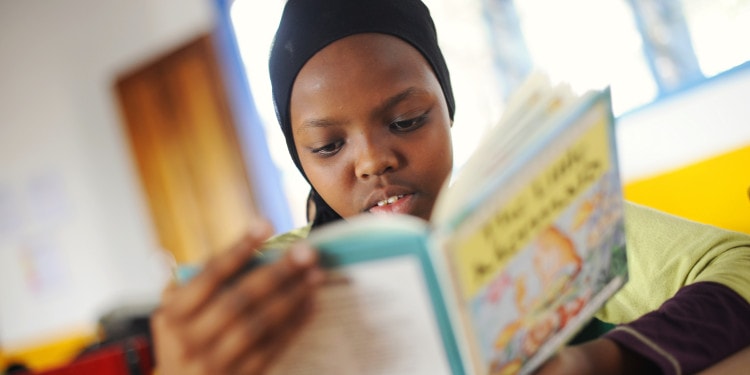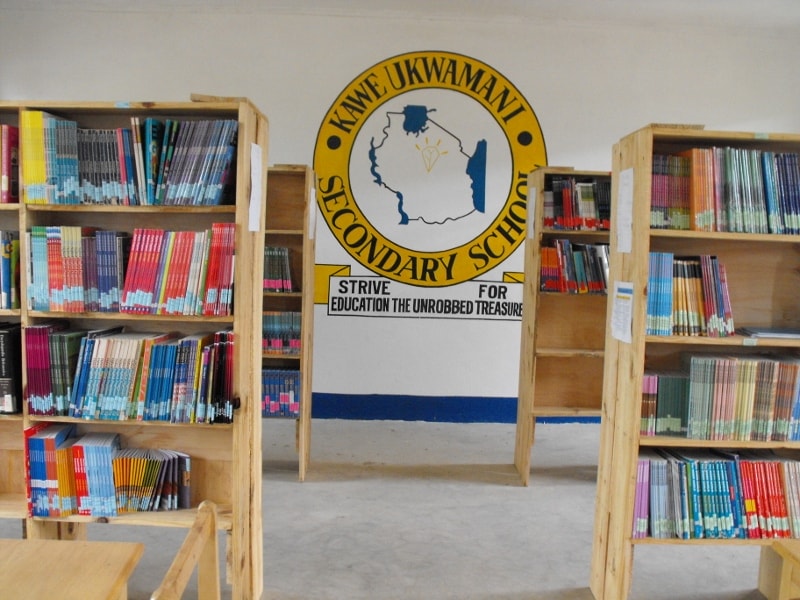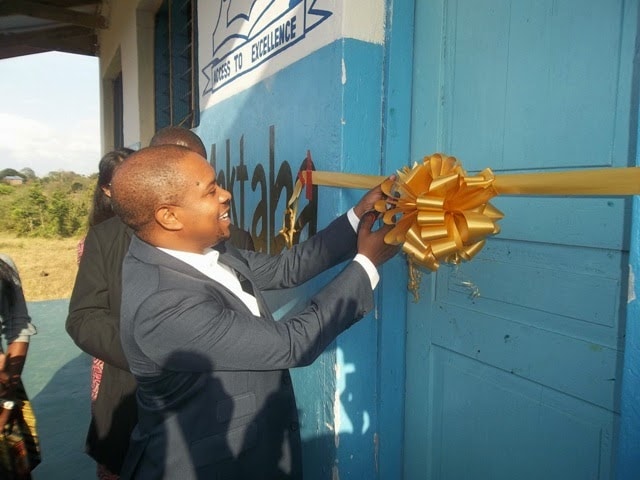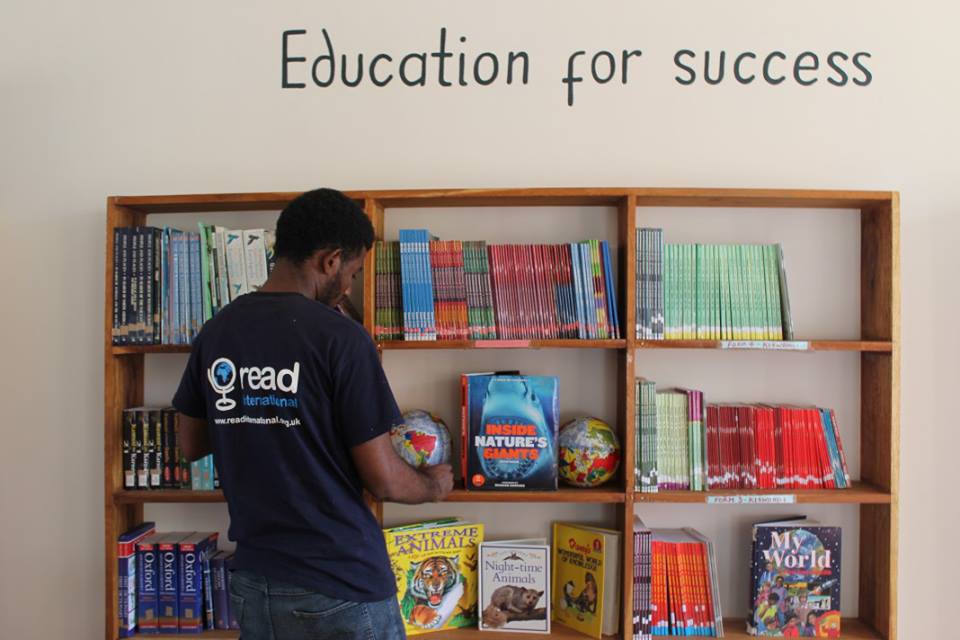“… Education shall be directed to the full development of the human personality and to the strengthening of respect for human rights and fundamental freedoms.”
(Article 26, The Universal Declaration of Human Rights 1948)
Tanzania , one of the poorest countries in the world, is experiencing an inability to cope with the increasing demand for education; not meeting it means increasing poverty and reducing the prospects for economic growth.
In 2000, the member countries of UNESCO had solemnly launched a program called “Education for All” (EFA) designed to achieve universal primary education by 2010 (which is also the second Millennium Development Goal). The deadline was then moved to 2015. In this context, the Tanzanian government has embarked on educational reforms and pursued a free primary education policy and this has resulted in a rapid increase in the net enrolment ratio of primary education. Indeed, according to UNICEF statistics, primary school enrolment increased from 59% in 2001 to 94% 2011.
From the perspective of pupil enrolments, it is clear that these increases reflect positive outcomes. Unfortunately, beyond preoccupations about the lack of access to primary education, there are also growing concerns about the quality of the latter which has dramatically declined, inhibiting children’s learning. Providing good quality education is also one of the six EFA’s goals; all stakeholders should recognise this in as educating children is a key investment into the nation’s future.
In the photo: Opening Ceremony Chalinze Secondary Guest of Honour Ridhiwani Kikwete.Fieldwork research based on observation of Tanzanian schools showed that the quality of the education provided had been compromised due to the rapid increase in the number of enrolled children. In spite of improvements in school infrastructure to meet the increased numbers of pupils, resources and basic essentials were not provided. Indeed, many children attending school are suffering from poor quality of education due to the shortage of resources, teacher absenteeism and lack of properly trained ones.
The above issues have dramatic consequences and despite the rise in the number of students who have enrolled, schooling does not seem to translate into effective learning.
What Tanzania is dealing with, is a problem shared by many others developing countries like Malawi and Sierra Leone, and it is clear that policy makers need to be seriously concerned about not only achieving the EFA goal in terms of enrolment, but also to meet the quality of education goal.
Key efforts are made by NGOs in order to supplement the weak capacity of the Tanzanian government to deliver acceptable quality education.
In the photo: Msafiri school in Pwani.In particular, READ International, a multi-award winning charity is running a special programme focused on educational resources issues in Tanzania and providing textbooks, dictionaries, fiction books and many other important services that are needed. Through an interview with the READ Country Director, Montse Pejuan, Impakter will explore in depth current educational issues in Tanzania and it will focus on the important role this charity is playing in covering the gap between enrolment increases and quality of education within the country.

















